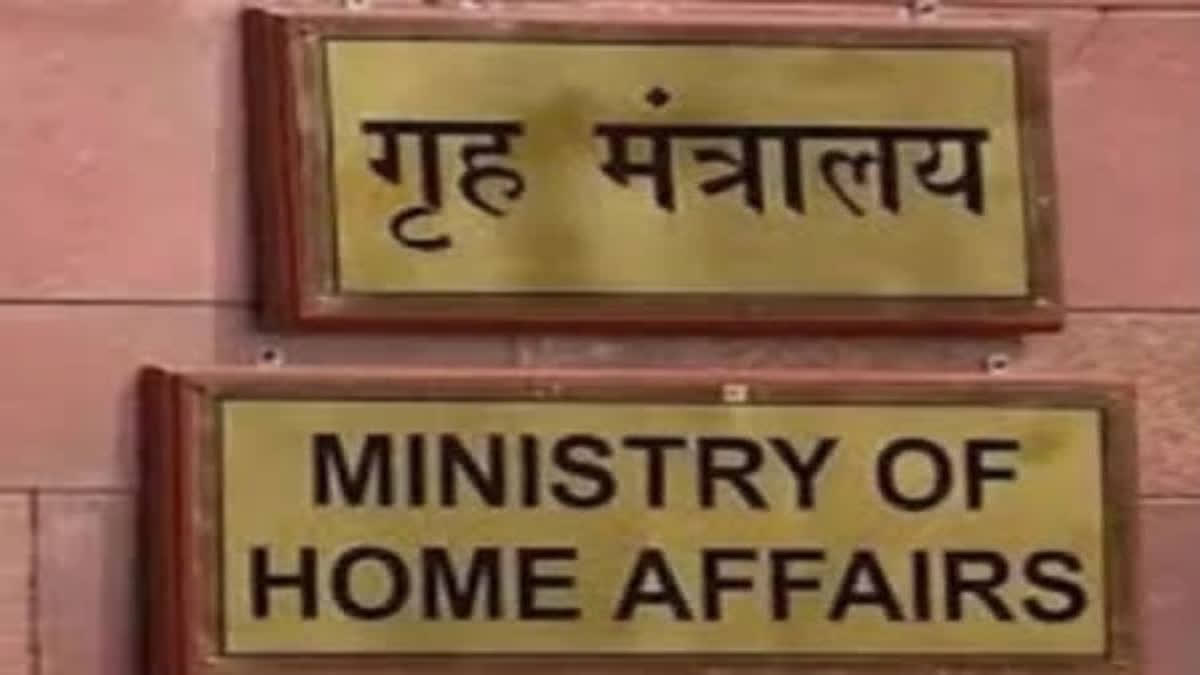New Delhi:The Home Ministry has asked the States and UTs to conduct a special campaign for the implementation of the provisions of section 479 of the Bharatiya Nagarik Suraksha Sanhita, 2023 (BNSS) for providing relief to undertrial prisoners as part of celebrating Samvidhan Divas on November 26.
In a letter sent to chief secretaries, DG and IG prisons of all States and UTs, the Home Ministry has asked to intimate the number of prisoners identified and whose applications have been made in writing to the Court for the release of such persons on bail, in the attached proforma to MHA.
"All States and UTs are, therefore, requested to take proactive steps to identify eligible undertrial prisoners and move the Court for their release on bail/bond on November 26, 2024. States/UTs are also requested to intimate the number of prisoners identified and whose applications have been made in writing to the Court for the release of such persons on bail, in the attached proforma, to MHA," said a letter sent to the States and UTs, which is in possession of ETV Bharat.
The Ministry of Home Affairs has been taking various steps for addressing the issue of undertrial prisoners in jails and decongestion of prisons.
In this connection, Section 479 of BNSS, inter-alia, provides that "Where a person has, during the period of investigation, inquiry or trial under this Sanhita of an offence under any law (not being an offence for which the punishment of death or life imprisonment has been specified as one of the punishments under that law) undergone detention for a period extending up to one-half of the maximum period of imprisonment specified for that offence under that law, he shall be released by the Court on bail.
"…Provided that where such person is a first-time offender (who has never been convicted of any offence in the past) he shall be released on bond by the Court, if he has undergone detention for the period extending up to one-third of the maximum period of imprisonment specified for such offence under that law," the letter stated.
